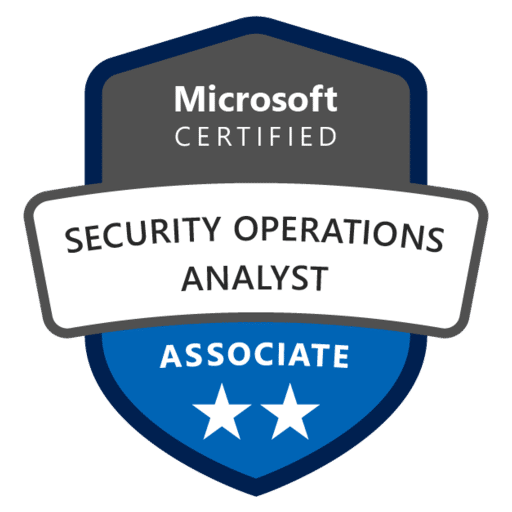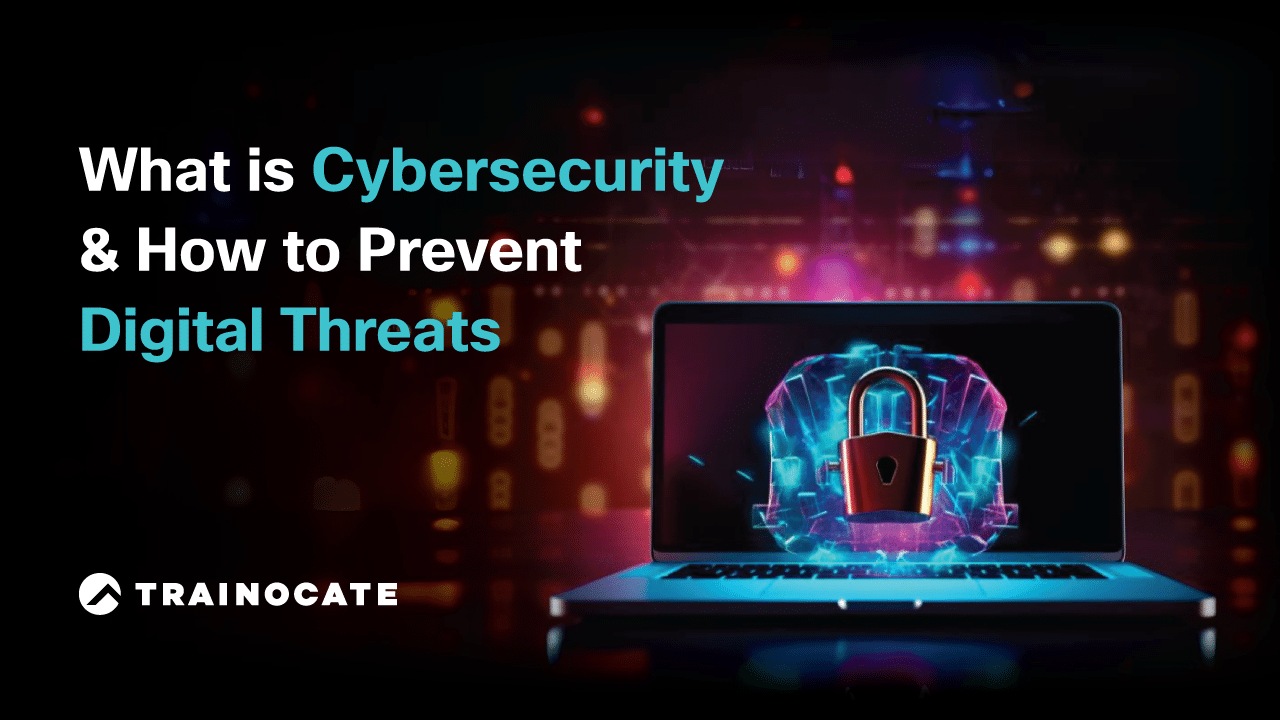

Microsoft Certified – Security Operations Analyst Associate
Intermediate Level
Rapidly detect, investigate, and respond to threats using Microsoft Sentinel, 365 Defender, and Defender for Cloud.
As a Microsoft Security Operations Analyst, you swiftly detect, investigate, and mitigate active threats across cloud and on-premises systems. Using Microsoft Defender, Security Copilot, and KQL, you advise on threat protection practices and collaborate with teams to strengthen the organization’s security posture.
A four-day, instructor-led program to master threat detection, investigation, and response using Microsoft security solutions.
This SC-200T00 course guides you through configuring and using Microsoft Sentinel for advanced threat detection and analysis, leveraging KQL to perform detections, analysis, and reporting, utilizing Microsoft Defender XDR and Defender for Cloud for incident management, and conducting real-world threat-hunting exercises.
Through demos, hands-on labs, and interactive scenarios, you’ll build the practical skills to mitigate cyber threats in diverse environments.
Skills measured:
Who is this for?
With soaring adoption of Security Information and Event Management (SIEM) and Extended Detection and Response (XDR) solutions, Security Operations Analysts are in high demand
The global managed SIEM services market is estimated at USD 7.5 billion in 2023 and projected to reach USD 16.0 billion by 2028 (16.3 % CAGR).
(Markets&markets)
The SIEM market size is expected to hit USD 10.78 billion in 2025 and grow to USD 19.13 billion by 2030 (12.16 % CAGR).
(Mordor Intelligence)
Employment of information security analysts is projected to grow 33 % from 2023 to 2033, much faster than the average for all occupations.
(Bureau of Labour Statistics)
Why choose Trainocate?
As an authorized Microsoft Training Partner and winner of the 2024 Microsoft Training Partner of the Year award, Trainocate offers expert-led training and access to industry-recognized resources, ensuring you are fully equipped to pursue your certification. With our support, you’ll gain the confidence and skills needed to succeed in Microsoft SCI.








